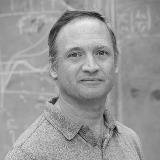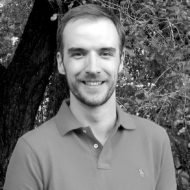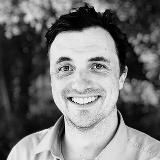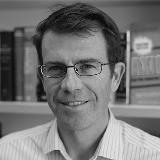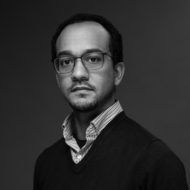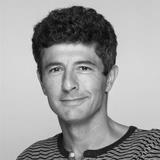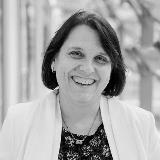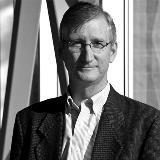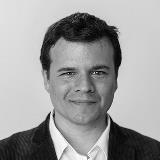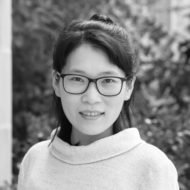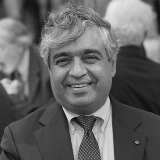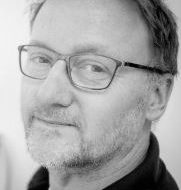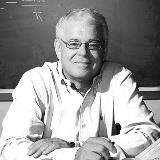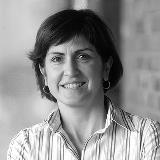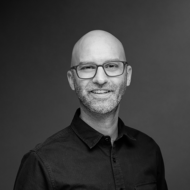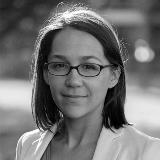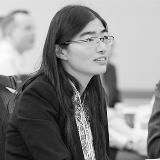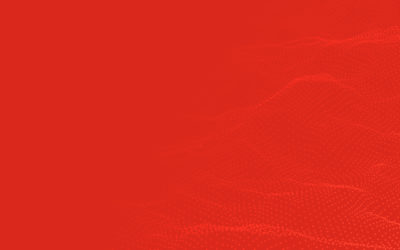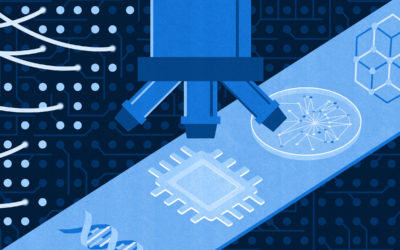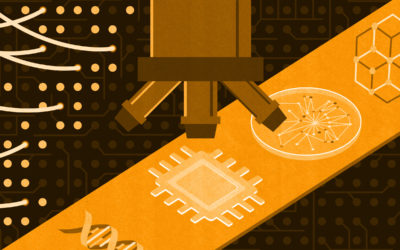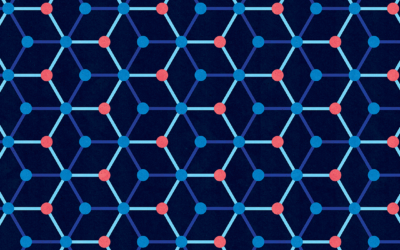Quantum Materials
How could quantum materials transform our society?
The Quantum Materials program is working towards bringing on the Quantum Age by integrating theory, materials synthesis, and experiments to explore and advance the frontiers of quantum physics. The program is structured around four main thrusts: quantum spin liquids, topological materials, the pseudogap phase of cuprate superconductors, and strange metals. To understand the working principles of such quantum matter, this team is developing new tools, new models, and new materials.
IMPACT CLUSTERS
The Quantum Materials program is part of the following CIFAR Impact Cluster: Exploring Emerging Technologies. CIFAR’s research programs are organized into 5 distinct Impact Clusters that address significant global issues and are committed to fostering an environment in which breakthroughs emerge.
RESEARCH AND SOCIETAL IMPACT HIGHLIGHTS
Shedding light on the 'dark phase' of superconductors
CIFAR researchers are helping uncover more insights about the pseudogap phase: a mysterious “dark phase” of cuprate superconductors, the most promising class of “high temperature” superconductors that could form the basis for important new technologies. CIFAR Azrieli Global Scholar Brad Ramshaw (Cornell University) and Program Co-Director Louis Taillefer (Université de Sherbrooke) showed that transitions in cuprate superconductors from the metallic phase to the pseudogap phase are transformations of their Fermi surface — essentially the “fingerprints” of the materials’ electronic properties — indicating a fundamental change in the materials. Fellow Subir Sachdev (Harvard University) then proposed a theory to explain this change in terms of a new phase of matter.
Advances in superconductivity
CIFAR Fellows Liang Fu (Massachusetts Institute of Technology) and Pablo Jarillo-Herrero (Massachusetts Institute of Technology) demonstrated that superconductivity is achievable in trilayer twisted graphene quasicrystals — materials that lack true periodicity, normally considered a foundational building block of superconductivity theory. This is a paradigm-shifting discovery that will challenge how scientists understand and create superconducting materials. Meanwhile, Fellows Vidya Madhavan (University of Illinois Urbana-Champaign) and Johnpierre Paglione (University of Maryland) are growing unique crystalline films of the material UTe2, and characterizing them with a technique called scanning tunnelling microscopy. This material may support so-called triplet superconductivity, which is a fascinating new ground for exploring the behaviour of interacting electrons and discovering new materials with potential uses in quantum technologies.
SELECTED PAPERS
Ohtomo, A., and H.Y. Hwang, H.Y. "A high-mobility electron gas at the LaAlO3/SrTiO3 heterointerface." Nature 427 (2004) : 423-426. ABSTRACT
Doiron-Leyraud, N. et al. "Quantum oscillations and the Fermi surface in an underdoped high-Tc superconductor." Nature 447 (200&) : 565-568. ABSTRACT
Dalidovich, D. et al. “Spin structure factor of the frustrated quantum magnet Cs2CuCl4,” Physical Review B73, 18 (2006). ABSTRACT
LeBoeuf, D. et al. “Electron pockets in the Fermi surface of hole-doped high-Tc superconductors,” Nature 450 (2007). ABSTRACT
Daou, R. et al. “Broken rotational symmetry in the pseudogap phase of a high-Tc superconductor,” Nature463 (2010) : 519-522. ABSTRACT
Comin, R. et al. “Charge Order Driven by Fermi-Arc Instability in Bi2Sr2−xLaxCuO6+δ,” Science 343, 6169 (2014): 390-392. ABSTRACT
Path to Societal Impact
We invite experts in industry, civil society, healthcare and government to join fellows in our Quantum Materials program for in-depth, cross-sectoral conversations that drive change and innovation.
Government funders and policymakers, leaders at major research infrastructure facilities and universities, and industry, and CIFAR fellows in the Quantum Materials program are developing a national strategy to rebuild Canada’s capacity for materials research using neutron beams.
Area of focus:
- Developing a pan-Canadian, university-led framework for stewardship of Canada’s neutron beam infrastructure
Founded In
1987
Renewal Dates
1992, 1997, 2002, 2007, 2012, 2019, 2025
Interdisciplinary Collaboration
Condensed matter and quantum physics
Atomic, chemical and computational physics
Nanomaterials and materials engineering
Contact
